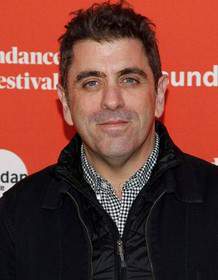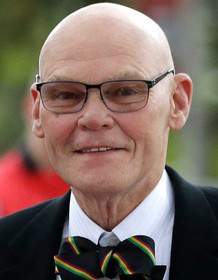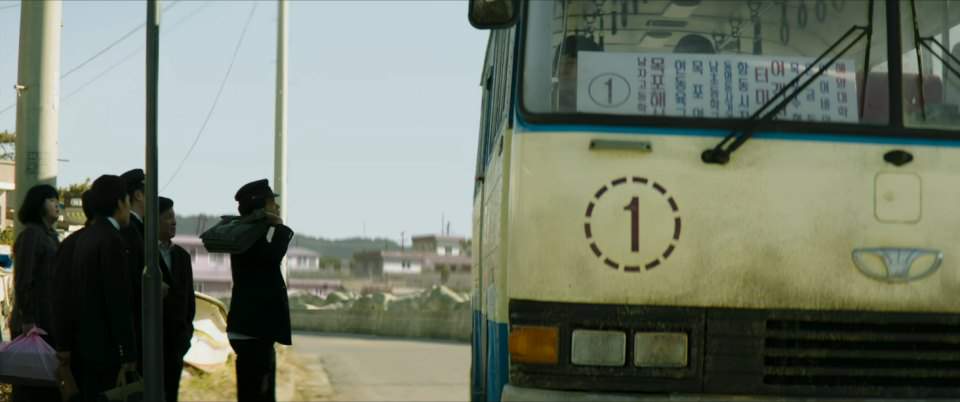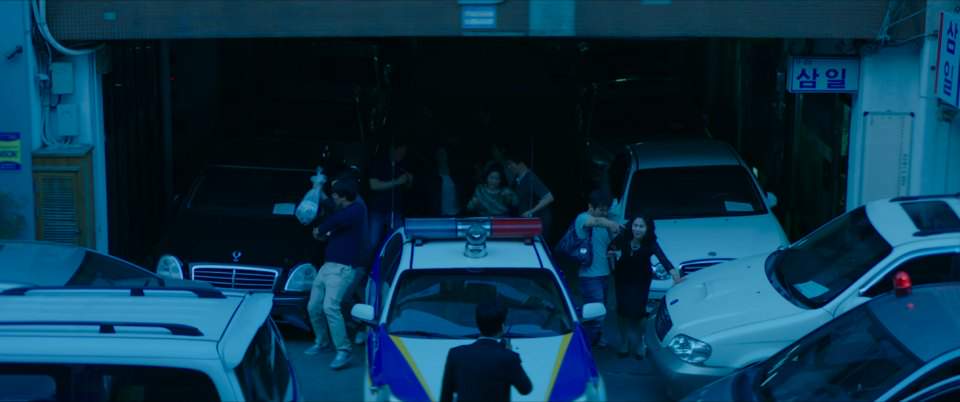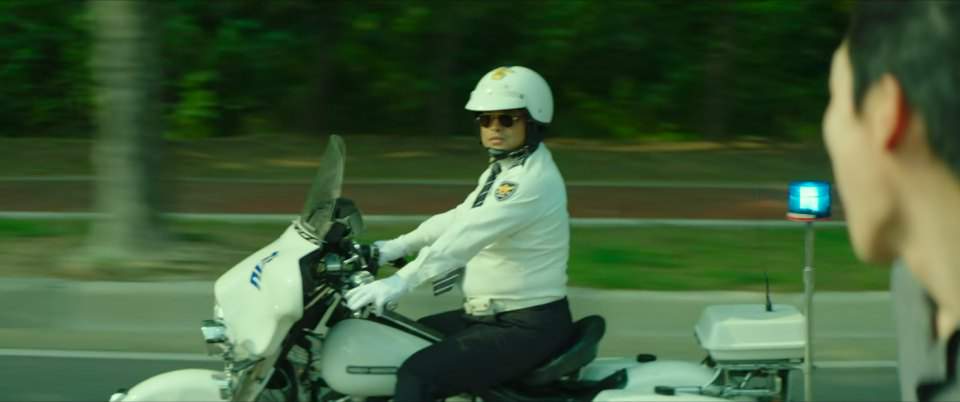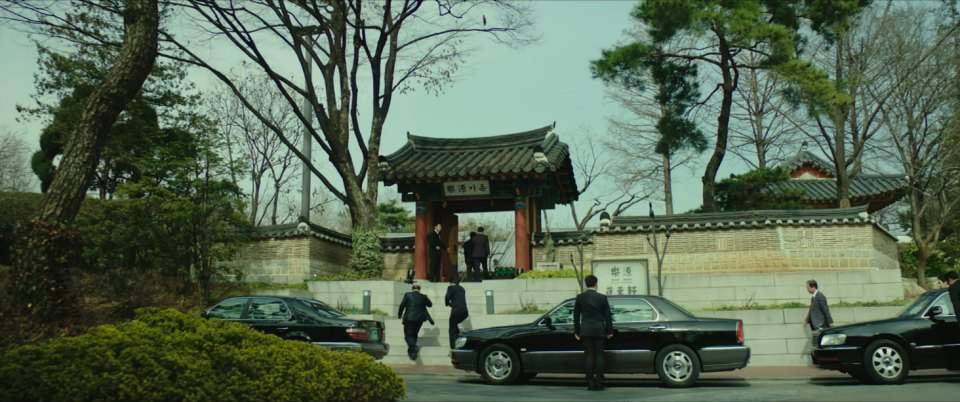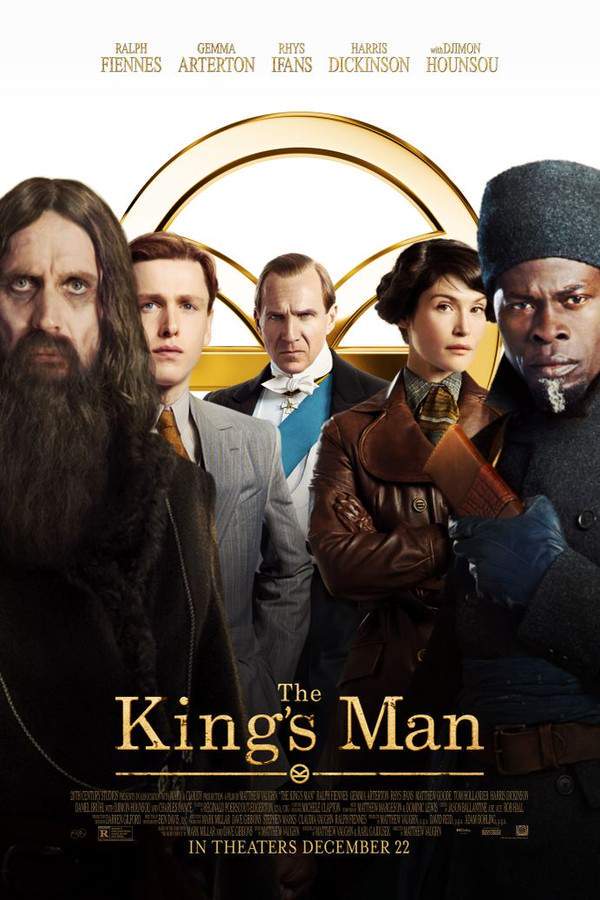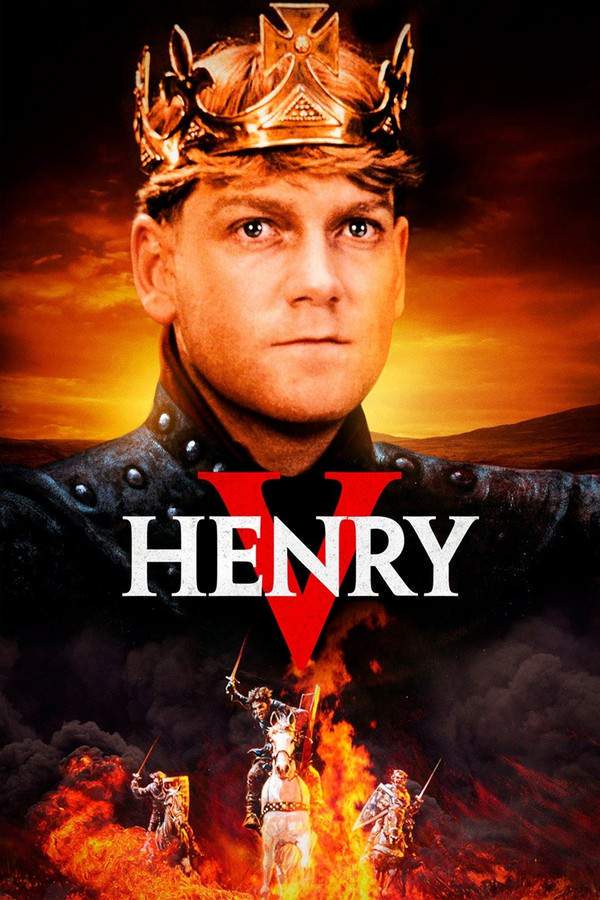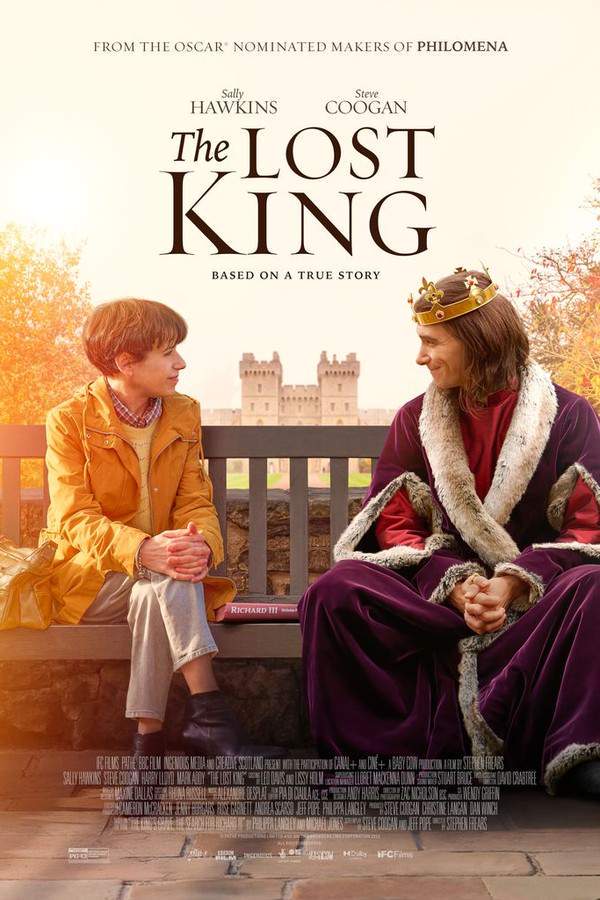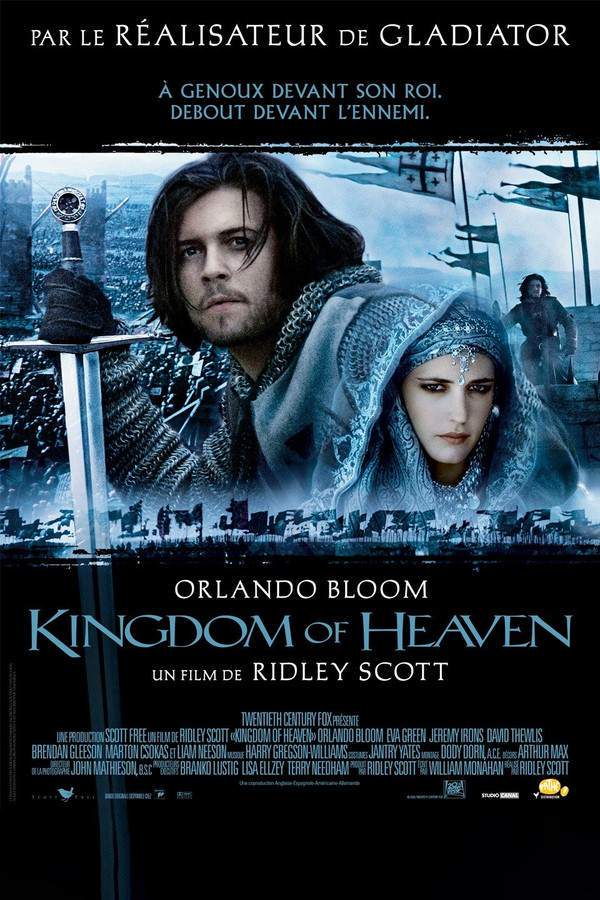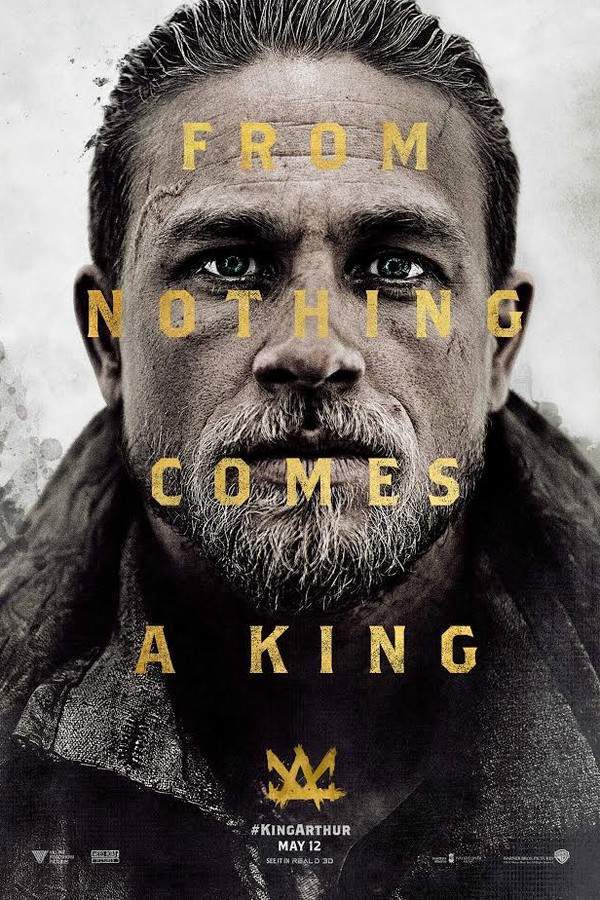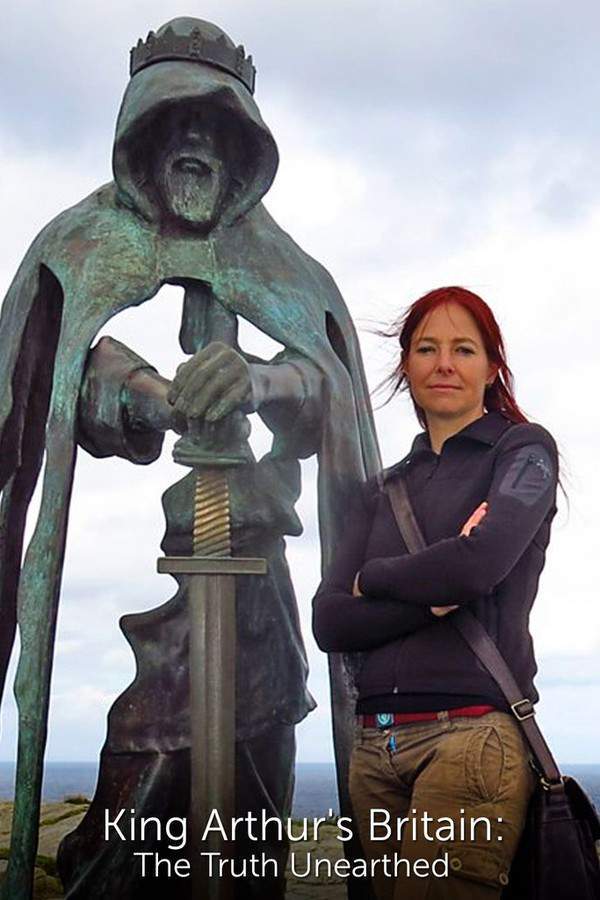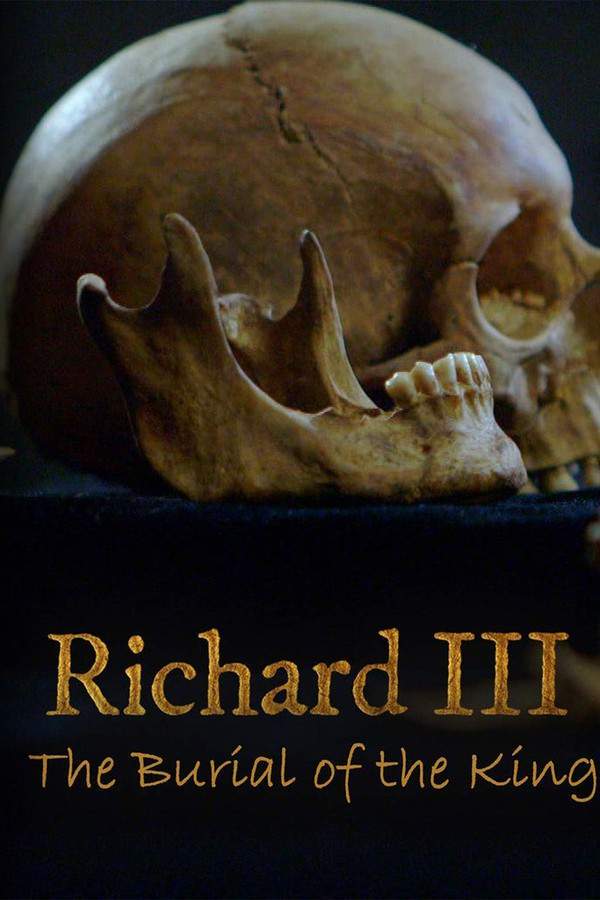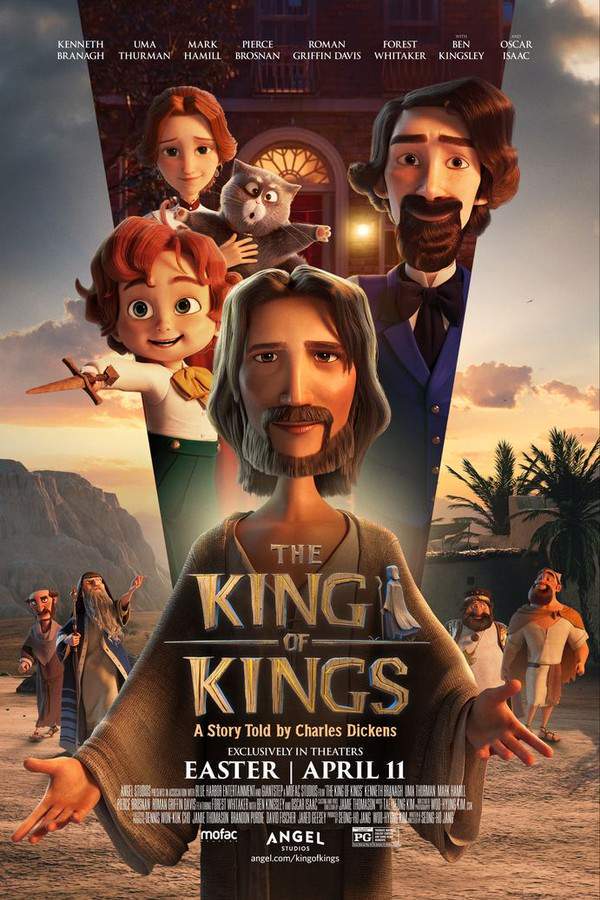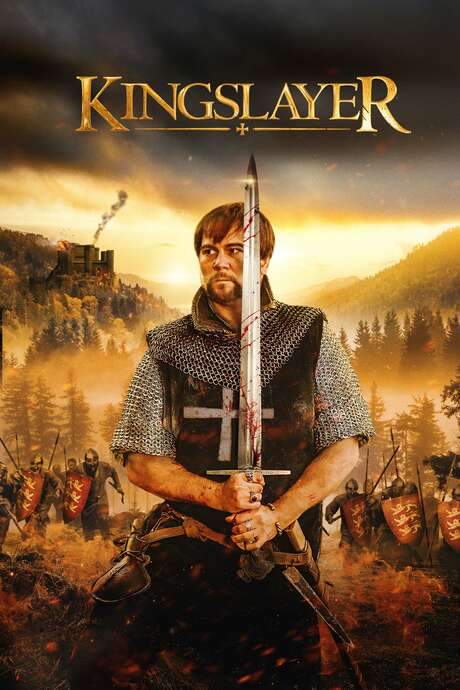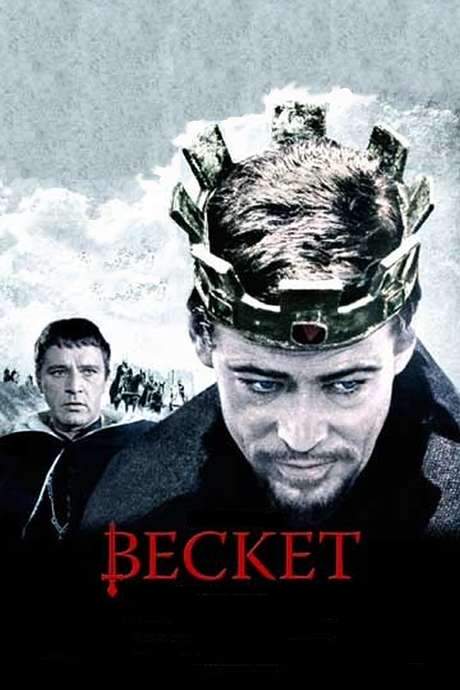The King 2018
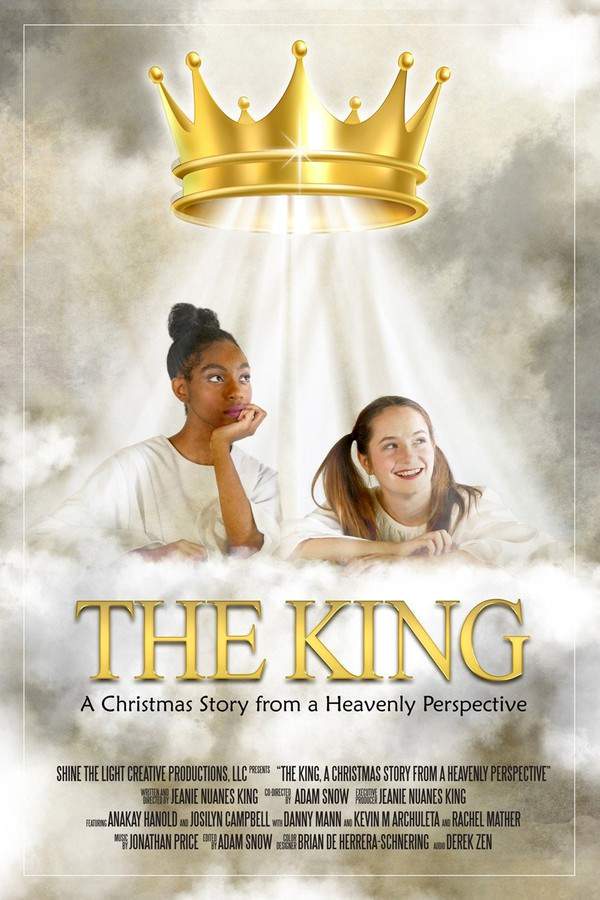
This documentary follows two young angels as they undertake a journey to understand the purpose of their King's teachings. Through their exploration of his message, they reveal a moving story centered on themes of redemption and forgiveness, ultimately revealing a path towards humanity's salvation. The film offers a profound look at faith and the power of compassion.
Does The King have end credit scenes?
No!
The King does not have end credit scenes. You can leave when the credits roll.
Meet the Full Cast and Actors of The King
Explore the complete cast of The King, including both lead and supporting actors. Learn who plays each character, discover their past roles and achievements, and find out what makes this ensemble cast stand out in the world of film and television.
External Links and Streaming Options
Discover where to watch The King online, including streaming platforms, rental options, and official sources. Compare reviews, ratings, and in-depth movie information across sites like IMDb, TMDb, Wikipedia or Rotten Tomatoes.
Ratings and Reviews for The King
See how The King is rated across major platforms like IMDb, Metacritic, and TMDb. Compare audience scores and critic reviews to understand where The King stands among top-rated movies in its genre.

The Movie Echo Score
The King delivers a visually compelling and emotionally resonant experience anchored by assured direction and committed performances. The film’s deliberate pacing and occasional historical liberties generate mixed responses on narrative coherence, yet the battle sequences and atmospheric score consistently engage viewers. Strong visual and auditory craft complement nuanced character portrayals, resulting in a film that rewards patience and attention. Overall, The King stands as a thoughtfully composed drama with notable cinematic impact.
The Movie Echo Score Breakdown for The King

Art & Craft
In terms of art and craft, the film excels through its controlled cinematography and purposeful production design. The direction maintains a coherent visual palette that accentuates the medieval setting without excess ornamentation. Editing choices facilitate immersive battle sequences while preserving narrative clarity. Overall, this aspect demonstrates a high level of technical proficiency and aesthetic cohesion.

Character & Emotion
When it comes to character and emotion, performances are delivered with nuance and restraint. The lead’s transformation from reluctant heir to commanding figure is grounded in subtle shifts of posture and tone. Supporting roles, including Falstaff and the Dauphin, offer contrasting emotional textures that enrich on-screen relationships. Together, these portrayals create compelling dynamics and genuine resonance.

Story & Flow
In terms of story and flow, the narrative unfolds as a measured, slow-burn drama that emphasizes character development over spectacle. While the plot maintains thematic cohesion, historical deviations have led some viewers to question factual accuracy and pacing consistency. Nevertheless, the film sustains engagement through strategic tension and a clear arc of leadership. The result is an uneven yet absorbing storyline.

Sensory Experience
In sensory experience, the score and sound design strongly support the film’s atmosphere with a restrained, melancholic underscore that heightens dramatic moments. Battle sequences benefit from precise sound effects and controlled visual contrasts, creating a visceral sense of immersion. Production elements such as costume textures and location lighting further reinforce the period mood. Overall, this aspect delivers a powerful, cohesive audiovisual impact.

Rewatch Factor
With respect to rewatch value, the film offers enduring emotional cues and memorable visual moments that invite repeat viewings. Viewers note renewed appreciation for intricate performances and thematic depth on subsequent watches. The film’s contemplative pace and atmospheric tone make it more rewarding in a quiet setting, enhancing its lasting appeal. Ultimately, it sustains interest beyond an initial viewing.

Metascore
tbd
User Score

7.3 /10
IMDb Rating

72
%
User Score

3.4
From 1.6K fan ratings

3.60/5
From 5 fan ratings
Take the Ultimate The King Movie Quiz
Challenge your knowledge of The King with this fun and interactive movie quiz. Test yourself on key plot points, iconic characters, hidden details, and memorable moments to see how well you really know the film.
The King Quiz: Test your knowledge about 'The King' and its dramatic tale of power, warfare, and personal transformation.
Who plays the role of Prince Hal in the movie?
Timothée Chalamet
Ben Mendelsohn
Joel Edgerton
Robert Pattinson
Show hint
Full Plot Summary and Ending Explained for The King
Read the complete plot summary of The King, including all major events, twists, and the full ending explained in detail. Explore key characters, themes, hidden meanings, and everything you need to understand the story from beginning to end.
Henry, also known as Hal and portrayed by Timothée Chalamet, is the emotionally detached firstborn of King Henry IV, played by Ben Mendelsohn, of England. Rather than embracing his royal duties, Hal spends his days indulging in drinking, revelry, and jesting alongside his companion, John Falstaff, played by Joel Edgerton, in the lively streets of Eastcheap. The tides turn when his father unexpectedly informs Hal that his younger sibling, Thomas, portrayed by Dean-Charles Chapman, has been chosen as the rightful heir to the throne.
As tensions simmer in England, Thomas is dispatched to quell the rebellion led by Hotspur and his faction, who feel betrayed despite their loyalty to the royal lineage. They argue that with the Scots still in rebellion and the Welsh joining the fight, peace eludes the realm. However, Hal disrupts the plan when he arrives unannounced to confront Hotspur, depicted by Tom Glynn-Carney, in a dramatic duel. This intense conflict escalates into a gripping hand-to-hand combat, concluding with Hal triumphantly dispatching Hotspur using a dagger. Although he secures the victory, Thomas expresses his ire, accusing Hal of stealing his glory. Shortly afterward, Hal experiences loss when Thomas is killed in battle in Wales.
In a poignant moment, King Henry IV passes away with Hal by his side, leading Hal to ascend the throne as King Henry V. Not wanting to repeat his father’s legacy, Hal curtails the cycle of animosity and seeks a path of peace with former adversaries, a choice seen by many as a sign of weakness. During the coronation feast, an insult from the Dauphin of France, played by Robert Pattinson, arrives in the form of a humiliating ball. Hal, however, spins this insult into a reflective nod to his past, waiting to wear the crown with dignity.
With wise counsel from his sister Philippa, played by Thomasin McKenzie, now the Queen of Denmark, Hal learns of the treachery that lurks among nobles who hide their true motives. When an assassin claims to have been sent by King Charles VI, played by Thibault De Montalembert, Hal’s confidence wavers as French agents attempt to sway his noblemen, including Cambridge and Grey.
Guided by Chief Justice William Gascoigne, portrayed by Sean Harris, Hal realizes that to command respect, he must demonstrate strength. Thus, he declares war against France and delivers a grim fate to Cambridge and Grey. Motivated by trust, Hal appoints Falstaff as his chief military strategist.
As the English forces set sail for France, Hal leads with Falstaff beside him. Following their advance, they encounter a vast French army preparing for battle. Even as doubt brews among his advisors, Hal is determined. A strategic ploy devised by Falstaff—luring the French with a false advance—proves successful, allowing the outnumbered English forces to gain a victorious upper hand at the Battle of Agincourt. As the battle rages, Falstaff tragically falls on the front lines, while Hal faces the Dauphin in a personal combat that leads to the latter’s humiliation.
After the chaotic but decisive victory, Hal and his army press further into French territory, eventually confronting King Charles VI who offers to surrender, along with the hand of his daughter, Catherine, portrayed by Lily-Rose Depp. Returning home with Catherine, Hal engages in a deep conversation with her, only to find their views on the war markedly different. She speaks frankly, challenging his justifications for the invasion and indicating the manipulative role of Gascoigne.
Haunted by the realization that he has been baited into conflict through deceit, Hal confronts Gascoigne, who unabashedly champions the idea that peace can only be achieved through conquest. In a moment of cold ire, Hal makes a fateful choice, culminating in the death of Gascoigne, before vowing to Catherine that he will always seek honesty in their relationship.
Uncover the Details: Timeline, Characters, Themes, and Beyond!

Coming soon on iOS and Android
The Plot Explained Mobile App
From blockbusters to hidden gems — dive into movie stories anytime, anywhere. Save your favorites, discover plots faster, and never miss a twist again.
Sign up to be the first to know when we launch. Your email stays private — always.
Watch Trailers, Clips & Behind-the-Scenes for The King
Watch official trailers, exclusive clips, cast interviews, and behind-the-scenes footage from The King. Dive deeper into the making of the film, its standout moments, and key production insights.
Cars Featured in The King
Explore all cars featured in The King, including their makes, models, scenes they appear in, and their significance to the plot. A must-read for car enthusiasts and movie buffs alike.
The King Themes and Keywords
Discover the central themes, ideas, and keywords that define the movie’s story, tone, and message. Analyze the film’s deeper meanings, genre influences, and recurring concepts.
The King Other Names and Titles
Explore the various alternative titles, translations, and other names used for The King across different regions and languages. Understand how the film is marketed and recognized worldwide.
Similar Movies To The King You Should Know About
Browse a curated list of movies similar in genre, tone, characters, or story structure. Discover new titles like the one you're watching, perfect for fans of related plots, vibes, or cinematic styles.
Quick Links: Summary, Cast, Ratings, More

What's After the Movie?
Not sure whether to stay after the credits? Find out!
Explore Our Movie Platform
New Movie Releases (2026)
Famous Movie Actors
Top Film Production Studios
Movie Plot Summaries & Endings
Major Movie Awards & Winners
Best Concert Films & Music Documentaries
Movie Collections and Curated Lists
© 2026 What's After the Movie. All rights reserved.



